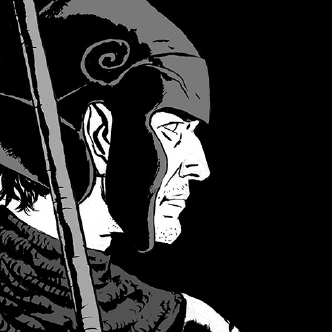The Ground Beneath My Feet – review
- Jarek Kupść

- Jun 18, 2020
- 2 min read
Updated: Sep 6, 2020
The new Austrian film, The Ground Beneath My Feet (TGBMF), is an intense study of a woman’s struggle to protect her identity in a sterile world. The dehumanising space of corporate boardrooms, hospital hallways, and hotels is always closing in on the protagonist, Lola (a phenomenal Valerie Pachner). As an Austrian film, it touches on Haneke’s clinical worldview by default, but it is the echoes of Yesterday Girl (Alexander Kluge, 1966) and The Lost Honour of Katharina Blum (Volker Schlöndorff and Margarethe von Trotta, 1975) which reverberate the most in Marie Kreutzer’s teriffic picture.

Kreutzer directs classically – her pensive, smooth camera observes without interfering, building tension unhurriedly, but with precision. There is more than a touch of Hitchcock in this method, and it pays off – the unease sets in early and never lets go. It is a very elliptical film, much like the schizophrenic patterns of Lola’s sister, Conny (a brave and heartbreaking performance by Pia Hierzegger).

Lola is Conny’s physical and mental opposite: blonde vs. brunette, composed vs. paranoid. By contrast, Lola’s lover, Elise, is nearly her physical doppelganger. The casting is key to the film’s polarized structure: for Lola, the biggest fear is to become her opposite – to fall prey to an inheritable illness.

To find solace, she falls for someone whose image and attitude remind her or herself. Sounds simple on paper, and Vertigoesque. But Kreutzer is smarter than that. What if all this is just a projection of Lola’s internal angst?
In TGBMF, the ongoing motif is that of running, of always staying in shape. Rarely you see in cinema so much screen time devoted to obsessive exercise. Aside from the “fitter, happier, more productive” mantra so cherished by corporate shrills, exercising, for Lola, amounts to exorcising. In her caged life, demons are lurking behind every corner. One of the most outstanding shots in the film features Lola jogging in a park, surrounded by trees covered with protective sacks. Like a Christo installation, these identical, impersonal humanoid shapes are the mute witnesses to Lola’s lonely struggle.

By anchoring her story around ethically dubious business proceedings, Kreutzer leaves no stones unturned in her critique of the corporate Moloch machine. In cinematographer Leena Koppe’s lens, the boardroom becomes an extension of a mental hospital ward. One argument the director makes quite persuasively is that such work environment is not just dehumanizing, but also harmful to our ability to find compassion. It is no longer just a man’s world – we see female workers backstabbing with same skill as men. In that light, Lola’s journey is not just a fight for her sanity – it is to become less of a tool. She needs to get off her exercise bike – she’s furiously spinning in circles.




Comments